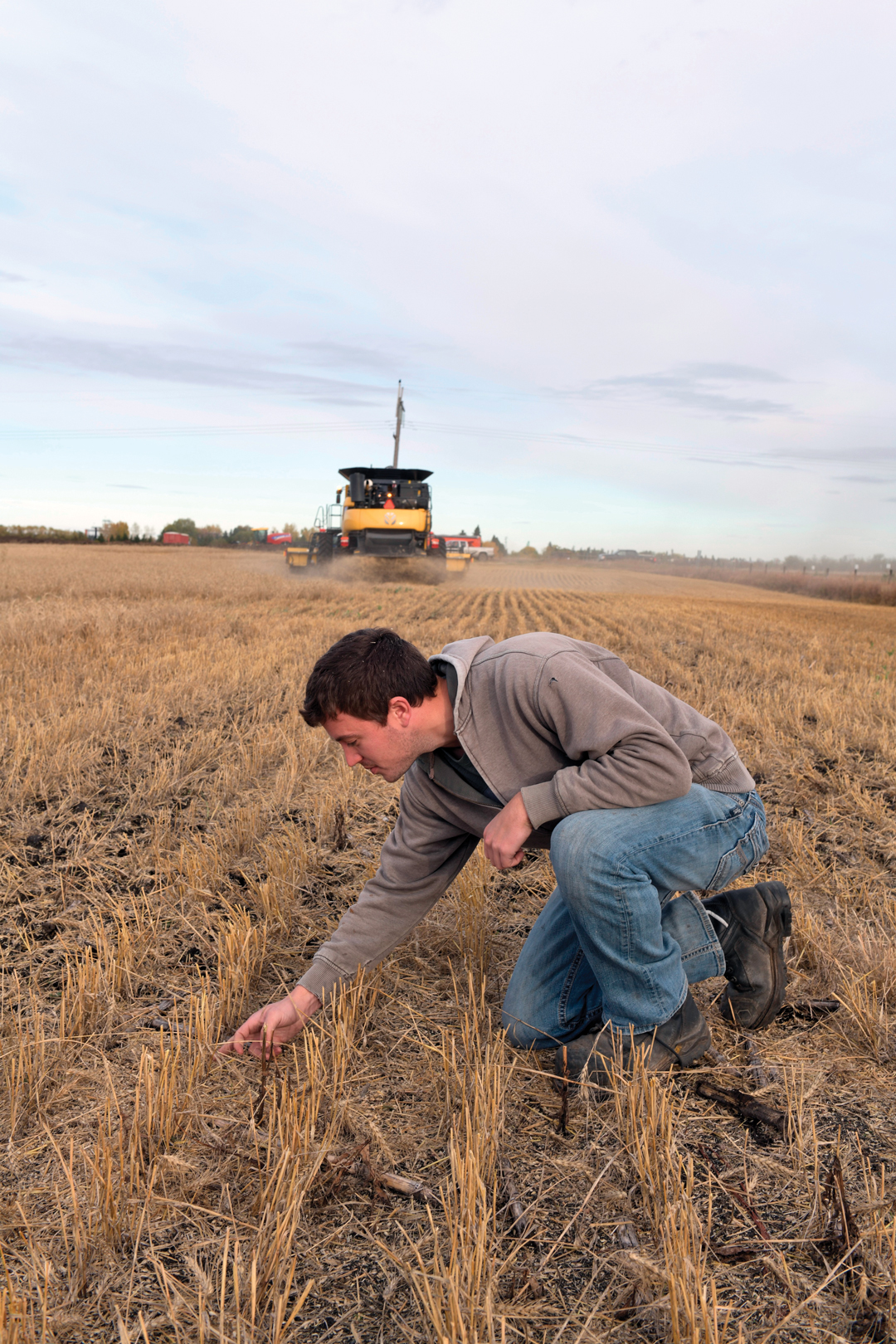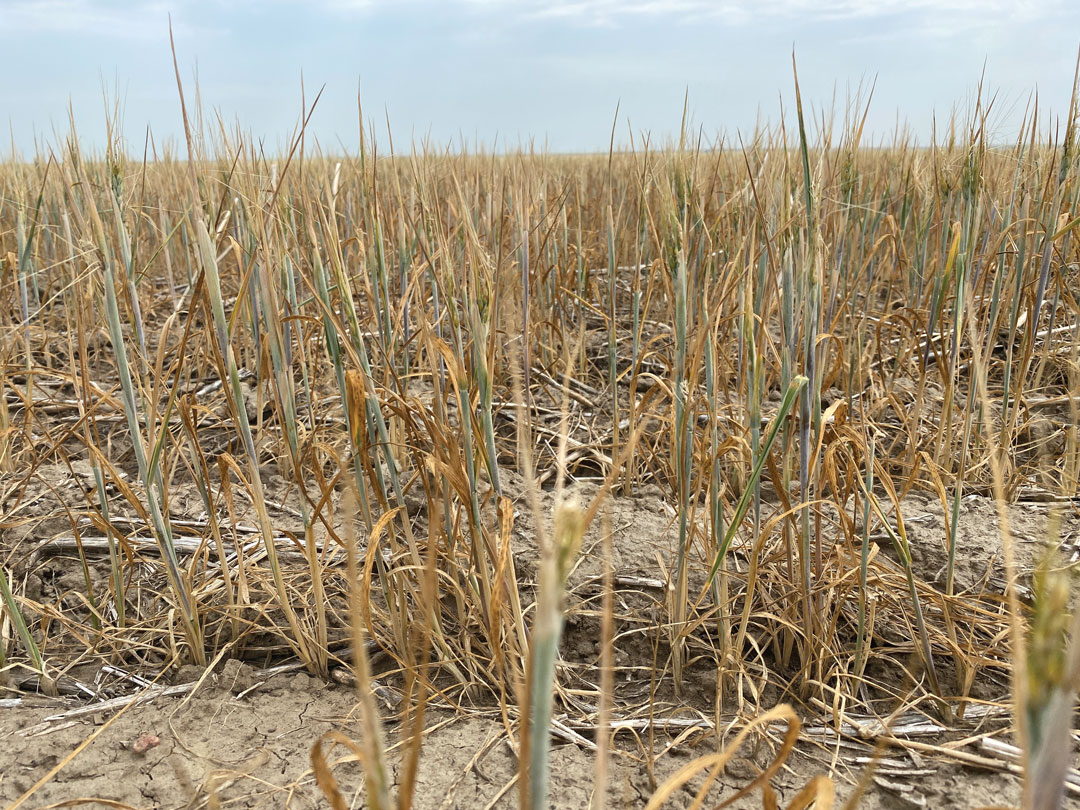PUTTING STUDENTS IN CHARGE
HANDS-ON OPPORTUNITIES AT LAKELAND COLLEGE’S STUDENT-MANAGED FARM
BY TIMOTHY FOWLER • PHOTO OF COLE STORLIE COURTESY OF LAKELAND COLLEGE
Are you ready to turn farming decisions over to the youngest farmers at the table? Lakeland College in Vermilion has done just that. The Student-Managed Farm (SMF) is a real-world lab where second-year students in the Animal Science Technology and Crop Technology programs take the reins as agricultural entrepreneurs. In fact, students have been making all the operating decisions since SMF’s inception in 1990. This opportunity for hands-on experience has seen the program grow considerably. Combined enrolment for the 2018/19 schoolyear is 276—more than five times that of 2001.
The six livestock units of the animal science side of the program include a purebred Black Angus cattle herd, a 100-head commercial Angus Simmental cross herd, an 80-head Angus-cross herd that’s available for research and a dairy unit with a 120-head Holstein milking enterprise that’s housed in a new barn. Commercial and purebred sheep operations are also part of the program.
Lakeland has about 2,000 acres of land near the Vermilion campus that is used by Animal Science Technology for pasture and feed. Manure is used to augment the farm’s fertilizer needs. As well, Crop Technology will market grain and oilseed crops grown in the 2018/19 season on 977 acres of this land.
Cole Storlie, a second-year crop technology student and SMF manager of research, left oilfield work for Lakeland College because his friends had good things to say about the program. “This is the first time I have had a decision-making role,” he said. “I was at the family farm, but I was not managing as much as I am here at school.”
Crop technology covers everything from production planning for seeding, crop rotation and tillage, to pesticide application, precision farming and harvesting, grain marketing and financial management. Second-year students in this stream apply and compete for executive and management responsibilities across various operational areas including analysis, research, marketing, sustainability and stewardship, finance and production. Many students say the ability to engage in decision making through the SMF was the key factor in choosing to enroll in the Animal Science Technology or Crop Technology programs. In just two years, students can earn a diploma and a load of practical experience they can put to work immediately.
Illustrating just how real the SMF experience can be, hail in July set canola maturity back and forced students to silage peas. Accumulated snow and intermittent rain in October then made it challenging to get the crop off. Teams of student managers wrestled with decisions on when to harvest each crop. Tough wheat brought tough lessons. The students reviewed moisture data, considered options and made the decision to harvest wet wheat, renting the equipment and burning the fuel required to dry it. Following-up with quality and cost analysis will inform future decisions they will make back on their own farms.
“They hit this one head-on and are managing it,” said Kyle Kipps, crop technology instructor and program head. “Students are coming up with their own solutions and implementing them. For many students coming from multi-generational farms, they have never had to solve these kinds of problems. This gives them the opportunity to develop their critical thinking and problem-solving skills. It is team-based collaborative learning, and it is really neat to see students bringing different ideas, blending them and coming up with new ideas.”
“It’s real-life stuff that happens,” said Nathen Palsitt, a second-year crop technology student and manager of the unit’s production team. “Having dealt with this, our entire class will be better prepared for the unpredictable challenges of farming.”







Comments